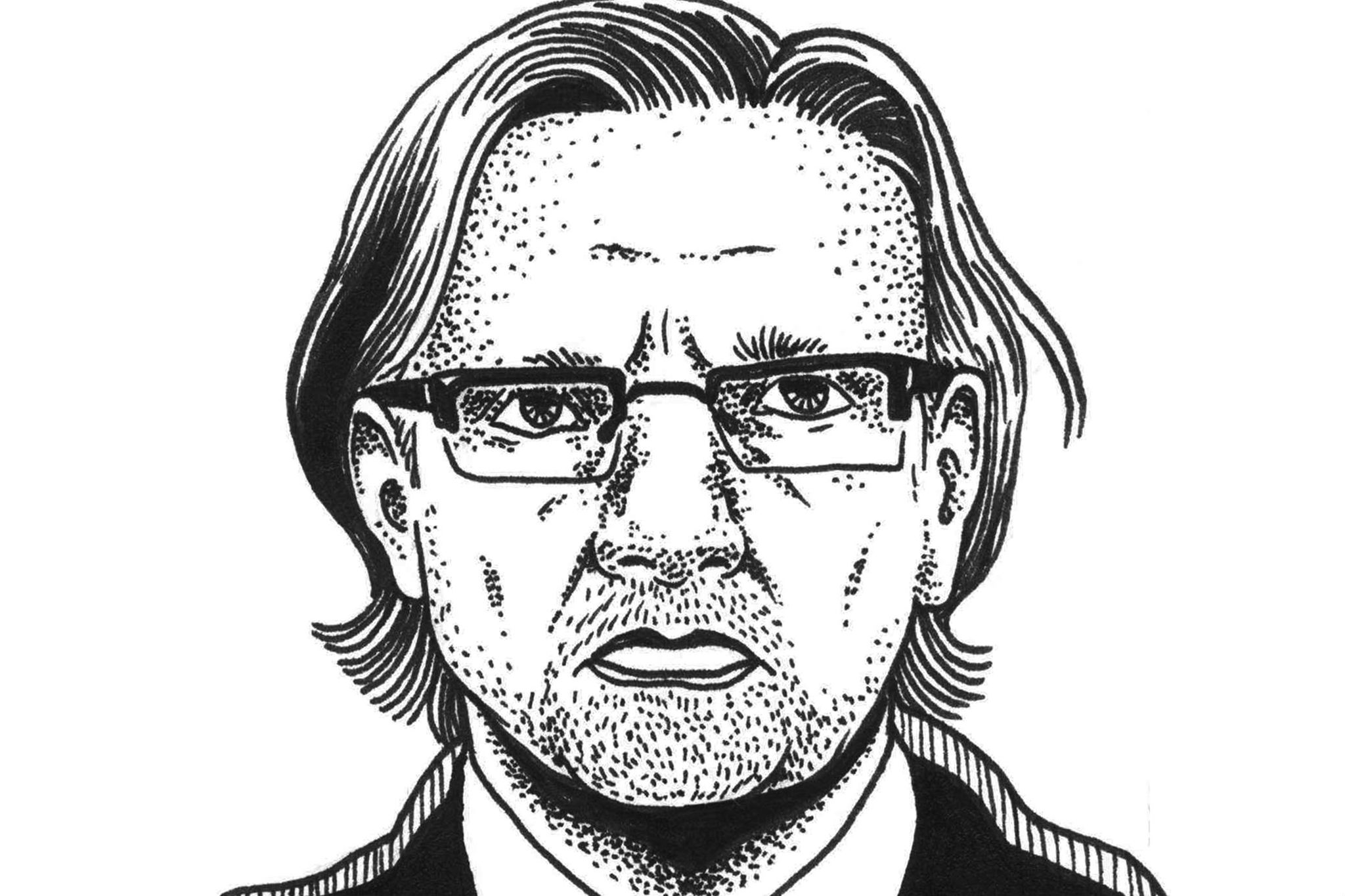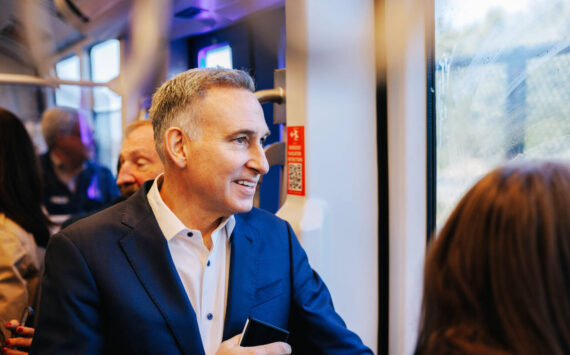John Henry Browne’s new memoir The Devil’s Defender devotes a lot of ink to two subjects that arguably already have gotten their fair share.
The first is Ted Bundy, the Washington serial killer who’s been the subject of countless true-crime books and articles. The second is Browne himself. As a lawyer who’s defended Bundy, a Wah Mee massacre defendant, the “Barefoot Bandit” Colton Harris Moore, and Kandahar massacre perpetrator Sgt. Robert Bales, Browne hasn’t exactly flown under the radar during his 45 years of legal practice. And yet this short book (220 pages) marks the first time Browne has told his story in his own words. That will be cause for little celebration among those who consider Browne a “blowhard” (in the words of one Washington prosecutor). But for the rest of us, the book is a surprisingly personal look at the man behind the legal briefs. Browne opens up about his cocaine addiction, his struggles with his own ego, and, most revealingly, Deborah Beeler, a girlfriend murdered around the same time Bundy was on his crime spree.
We sat down with Browne—sporting casual-Friday attire of flip-flops and a colorful scarf in his Pioneer Square office—to talk about his life and the devils he’s defended.
A large part of this book is devoted to Ted Bundy. What do you think you add to a story that’s been written about so much? I like to write. I had this house in Mexico and it’s hard for me to relax, so I just started writing 10 years ago, and what happened was I put off writing about Ted and Debbie, my girlfriend who was murdered. It was, I now know, just too hard. But I finally decided I was going to finish it for my own sake. I think the book in parts is very raw and very emotional and very personal, and there’s a part of me that regrets having it out there. Thinking about it now, in retrospect, it was a purge for me.
Losing a loved one in a violent crime may have turned some people off from being a defense attorney. My profession, if you’re anti-authoritarian, it’s the perfect job for you. I’m just too much of a rebel. That’s why I like Colton Harris Moore.
Speaking of fighting the system, I’m curious to hear your thoughts on the current state of civil rights in the country. The government’s own statistics say that 5 percent of the incarcerated population is innocent. In Washington state that translates to 900 people. When you think about that, it’s really sick. I really respect police officers, and I think they have one of the hardest jobs in the world. Now do I think they overreact? I do. On Mondays when I go over to the jail, everyone arrested on the weekend is in the holding cell. And this still happens to me every couple months: I’ll look around and not see one white person. I’m talking 30, 40 people. They’re all black, Hispanic, Native American. The whole mass-incarceration issue is so sad. And the system is making it harder and harder to get justice.
Some people suggest you take a lot of cases not to fight for justice, but for the publicity. How do you respond to that? When I represented Sgt. Bales, it was a pro bono death-penalty case. He killed 16 people in Afghanistan, women and children. This was just four years ago, and I had $500 in the bank, total. And I was supporting nine people. I think probably 30 percent of the work we do here is free, either intentionally or unintentionally. If I charged people by the hour, people couldn’t afford me. If I charged Sgt. Bales’ family by the hour, it would have cost $2 million. People think I’m wealthy and it’s just not true.
There was a time when you were doing well. You say in your book you had the house in Normandy Park, the Mercedes . . . Four cars, two motorcycles, a Ralph Lauren girlfriend …
Where did it all go? Up the nose? Well, most of my friends quit cocaine when I quit, but I haven’t touched that in 27 years. I just kept doing free work.
You say in the book that you were married to your ego in the ’80s. Back when I was younger, in my 30s, I didn’t enjoy the publicity necessarily a lot with Bundy. I didn’t enjoy that, because I didn’t enjoy defending him. But back when I was defending the Wah Mee massacre and Duke Fergerson, the Seattle Seahawk [charged and found not guilty of rape], I must admit probably I enjoyed the publicity. But that was when I was doing drugs. I didn’t like who I was. And that’s what brought me to the spiritual stuff. So I think back then I probably did, and it was probably good for my career in some ways. But a lot of people just dismiss me as a flamboyant, loudmouth, egotistical defense attorney.
Do you hope this book helps refute some of that? I don’t necessarily hope. It might. The last reading I did of the book was really hard. It’s very personal. But some people just don’t like me. I can’t control that, can I? n
dperson@seattleweekly.com
Interview has been edited for length and clarity.








